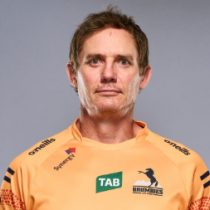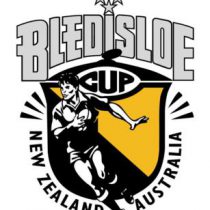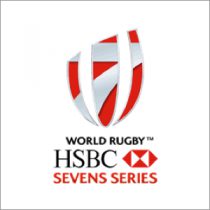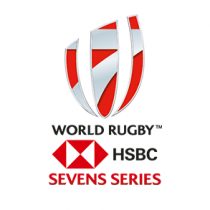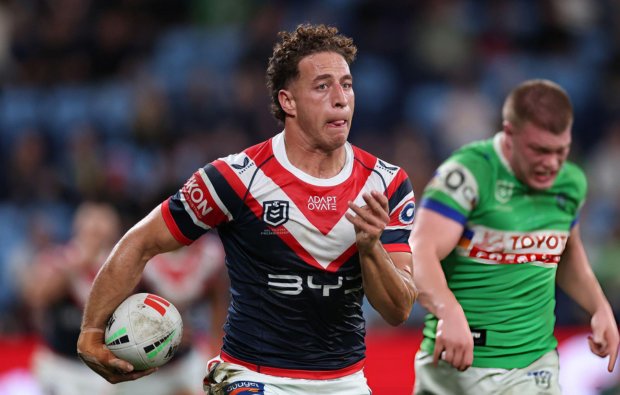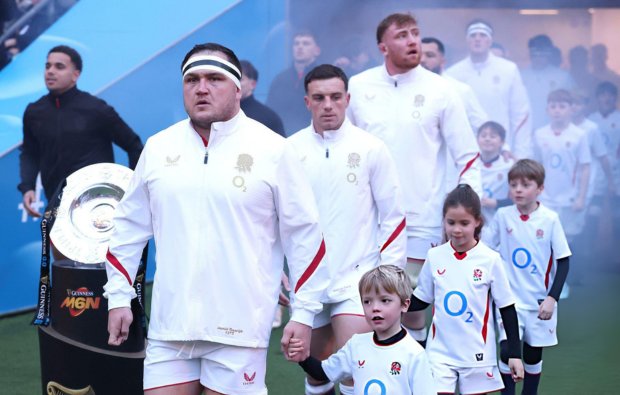The greatest Bledisloe Cup game of all time: Sydney, 2000
- 5160

A chord of excitement was struck early on 15 July 2000 and reverberated through the Antipodes, rising patiently and with strength, like a great bubble, as members of a 109 874 crowd filed into Stadium Australia in Sydney to witness what came to be hailed as arguably the greatest game of rugby to ever transpire – the Bledisloe Cup clash between Australia and the mighty All Blacks.
All around the great arena the anticipation hummed as utterances of “Lomu”, “Larkham”, “Gregan”, “Randell”, “Eales”, “Cullen”, “Latham”, “Roff”, “Mashall” and “Merthens” were thrown out ubiquitously.
A thunderous roar rose as John Eales cantered out of the tunnel, leading his tracksuit-clad Wallabies behind him, observed keenly by Todd blackadder and his waiting troops.
A shower of white sparks swept across the stands as the All Blacks sprang, hands raised and teeth bared, into the air to conclude a passionate rendition of the Haka. The stage was set.
Joe Roff hoisted the ball into the air as the gold jerseys of the Wallabies charged up and crashed into the black wall of New Zealand’s pack. Taine Randell caught everybody unawares as he burst from the game’s first ruck, personifying the determination and energy with which the All Blacks would conduct themselves for the following two halves.
The clock had not struck 01:30 before the 26 year old Tana Umaga surged over the try-line to open the scoring after a speculative Chris Latham pass floated awry.

Directly following the subsequent kick-off, the All Blacks, through the deft handling of Merthens, Cribb, Lomu and Alatini, were over the line again, the scoreboard showing 14-0 with under five minutes on the clock.
“It’s raining tries!” cried the commentator as the legendary All black attacker Christian Cullen dotted down after Blackadder’s men invaded the Wallabies’ half, once again, right off the kick-off, as it looked to the stunned crowd that a massacre was at hand.
The All Blacks looked at each other with smiles on their faces and shades of disbelief in their eyes as they jogged back to the half-way line, unaware of the monster they had provoked.
The image of Stephen Larkham scything through his opponents’ backline and putting an eager, young Stirling Mortlock away to open the Wallabies’ account will never grow old Down Under as it breathed new life into a team with much to offer. It was now Australia’s turn.
The Wallabies held nothing back in the following ten minutes; settling, probing, uncovering trust in themselves and their game-plan, culminating in Mortlock shooting over the line for his and his side’s second score of the evening to the delight of a now proud and jubilant crowd.
The artistry, experience and patience of Gregan and Larkham was something to behold while they calmly coaxed their vision and the best out of the players around them as the Wallabies suddenly infected their foes like a plague. Latham crashed over for Australia’s third try as a deafening roar split the night.
Joe Roff taking Gregan’s pass and diving over in the corner heralded one of the most revered comebacks in test history as the playing field was dramatically levelled. While their fans jumped, whistled and embraced, the Wallabies took on a steely look as they made their way back to their half; what was lost was now within their grasp.
The ninth minute of the second half saw the home side take the lead for the first time in the game as the blood-stained Mortlock slotted a straight-forward penalty, but the All Blacks, as is their wont, stepped up a level in the latter stages.
Justin Marshall galloped to score through his team’s fourth try mere seconds after they had surrendered the lead.
Penalties were traded and, with the score at 34-30, a fire still burning in the Wallabies’ hearts propelled them forward and saw replacement hooker Jeremy Paul slam the ball down over the line with just a few minutes left on the clock. The conversion from Andrew Walker sailed wide, leaving a solitary point separating the sides.
It was, in some ways, fitting that one of the game’s favourite sons had the final say in one of history’s greatest games. With victory in the weary, muddied hands of John Eales’ men, the giant Jonah Lomu stole it away, dancing over the line to cap off an extended passage of phase play from the men in black.
/arc-anglerfish-syd-prod-nzme.s3.amazonaws.com/public/KVLKTZGERZFKFF4TBPBHHNDSBI.jpg)
A couple of minutes remained in which the All Blacks harboured the ball, running the clock down to bring a rollercoaster of a match, in which rugby was the true winner, to an end.





